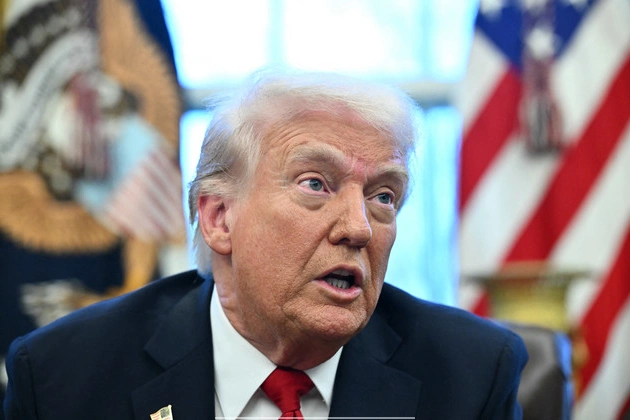
President Donald Trump’s recent remarks have sparked discussions about the possibility of him seeking a constitutionally prohibited third term in office. In a phone call with NBC News’ Kristen Welker, Trump hinted at the idea by mentioning his high poll numbers and popularity.
Constitutional Limitations and Historical Context
The Constitution’s 22nd Amendment explicitly states that no person can be elected to the office of the President more than twice. This amendment, enacted in 1951, was a response to concerns about presidents serving multiple terms, as seen with Franklin D. Roosevelt.
Despite these legal constraints, Trump and his allies have not shied away from discussing the possibility of a third term. Top ally Steve Bannon has even suggested that Trump could run again in 2028, fueling speculations about the future of the presidency.
Controversy and Speculation
Trump’s comments about having “methods” to secure a third term have raised eyebrows and prompted questions about the feasibility and legality of such a move. The idea of a president serving more than two terms goes against established norms and the principles of democratic governance.
While the White House has not provided a formal response to these discussions, the topic continues to generate interest and debate among political commentators and the public.
Looking Ahead
As discussions about a potential third term for President Trump persist, it is essential to consider the constitutional constraints and historical precedents that shape the office of the President. The implications of such a move, both legally and politically, are significant and merit further exploration.











